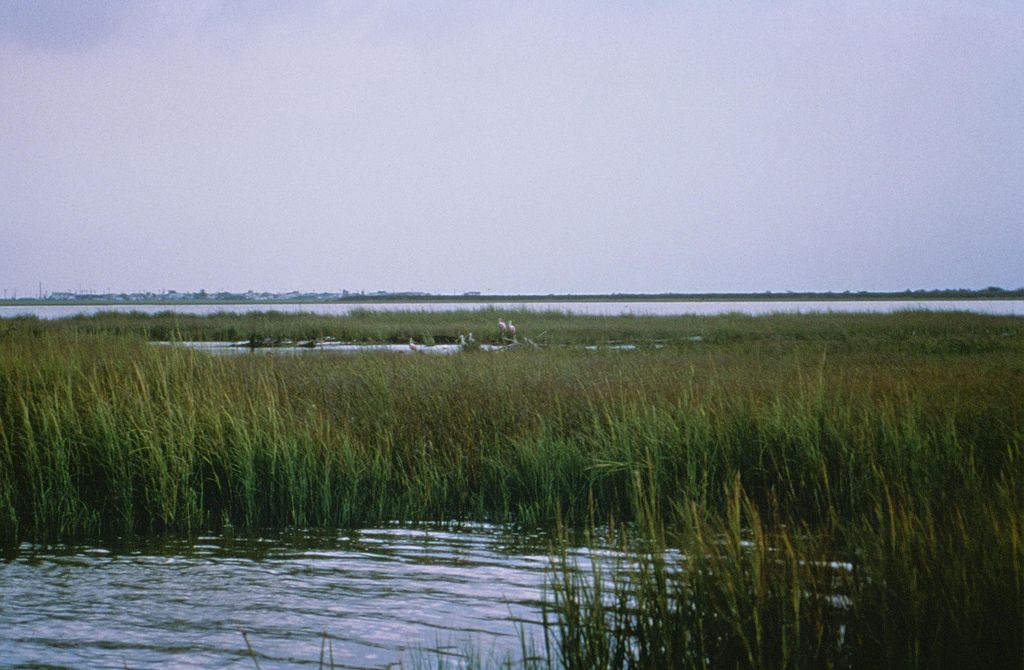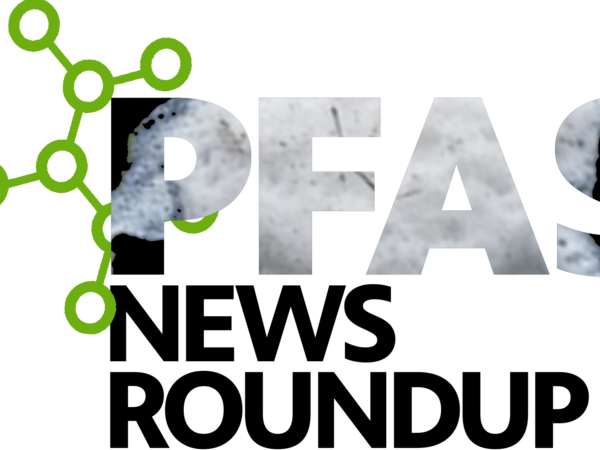
INDIANAPOLIS (AP) — Lawmakers approved two environmental bills Tuesday that critics say could damage the state’s ecosystems by scaling back current policy affecting water, energy and other resources.
A measure seeking to remove protections from Indiana’s already diminished wetlands would eliminate a 2003 law that requires the Indiana Department of Environmental Management to issue permits in a state-regulated wetland and end enforcement proceedings against landowners allegedly violating current law.
The proposed rollbacks have sparked bipartisan opposition within the Republican-dominated Legislature and from Republican Gov. Eric Holcomb, prompting lawmakers to scale back the intended repeal last week.
New amendments approved by the House on Monday, however, would still reduce wetland permitting regulations for croplands and ephemeral, or temporary, streams.
The bill was additionally amended to be retroactive as of Jan. 1, meaning building projects in some wetland areas would no longer need permits. Fees currently required to be paid to state — as compensation for any harm those projects might cause to wetlands — would also be eliminated.
Another provision added to the measure would establish a task force to study wetland classifications and recommend strategies to reduce the costs of wetland compliance incurred by builders.
The bill passed the House in a 58-40 vote Tuesday and now heads back to the Senate for final approval.
Democratic lawmakers said Tuesday the House version of the bill — while less extreme than the original legislation moved by the Senate — is a step “backwards” and noted that the latest changes to the legislation still rolls back what opponents say are critical protections for wetlands.
Noting that the loss of wetlands could lead to high costs caused by increased flooding, less water purification and lost wildlife habitat, the Hoosier Environmental Council also echoed Democrats’ call for the bill to be converted to a wetlands task force in conference committee.
House Majority Leader Matt Lehman, of Berne, maintained that the bill improves current law but “continues to provide protections.”
“You can still remediate as you’ve always remediated, but we’ve protected what I think is the most vulnerable (wetlands),” he said.
The Indiana House also voted 65-30 Tuesday to advance a separate bill back to the Senate that would create a state-sponsored carbon market, allowing companies looking to offset their carbon footprint to pay for greenhouse gas reduction efforts.
Although the plan has earned broad support, Democrats and environmental advocates pushed back against the bill after it was amended to provide immunity to an Indiana company slated to begin the nation’s largest carbon dioxide storage project in 2023.
The provision adopted by House lawmakers prevents Wabash Valley Resources LLC, which operates a hydrogen production facility in Terre Haute, from being sued if carbon emissions it injects underground move to neighboring properties where they are not supposed to go.
Landowners could not bring legal action against the company for perceived risks and would only be able to claim damages if they prove the company caused physical harm to them or their property, according to the amended bill.
Rep. Matt Pierce, a Democrat from Bloomington, said Tuesday the immunity provision gives Wabash Valley Resources “a pass” to infringe on the personal property rights of those who live nearby, arguing that “perceived risks” associated with the pilot project can negatively affect landowners.
“You attempt to go and recover from the party that damaged you through the migration of this (carbon dioxide) injection, and our statute says ‘not yet,’” Pierce said. “You’ve got to keep suffering through until the plume actually makes it to your property and you can point to physical damage, even though you’re probably sitting on property now that you can’t sell, and you’ve suffered real financial harm.”
If approved by the Senate, the bill will head to the governor’s desk.
___
Casey Smith is a corps member for the Associated Press/Report for America Statehouse News Initiative. Report for America is a nonprofit national service program that places journalists in local newsrooms to report on undercovered issues.
Catch more news on Great Lakes Now:
Indiana lawmakers debate environmental regulation, rollbacks
Featured image: Coastal wetlands (Photo courtesy of U.S. Fish and Wildlife Service)



